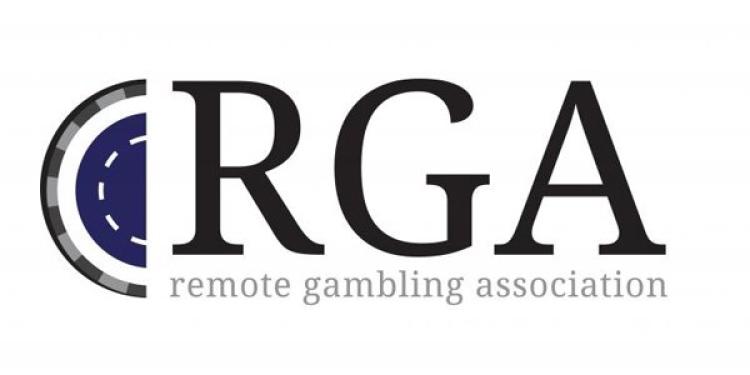New Gambling Advertisement Policies: Companies Should Adopt a Constructive Attitude
Posted: August 6, 2014
Updated: October 4, 2017

Better gambling advertising solutions can be reached if companies keep an open mind and a constructive attitude, experts say.
People living in the UK are seeing more and more adverts promoting online and mobile casinos or gambling services pop up all over the place. Whether we’re talking about individual ads or campaigns that last for weeks, they are becoming all too common these days.
The Advertising Standards Authority (ASA) is receiving hundreds of complaints regarding the questionable nature of these campaigns, some of them offensive, others too aggressive or simply inappropriate.
The ASA often intervenes and bans such commercials, but the time has come to speak out on the issue and demand solutions. The Remote Gaming Association (RGA) believes the industry needs to be part of the solution, instead of being regarded as the main culprit.
A positive attitude goes a long way
Current members of the Remote Gambling Association include famous betting companies, such as:
The RGA has been all over the news lately, first for standing up for its members and fighting against the new British gambling laws and point-of consumption tax, and now for tackling the delicate situation of gambling advertising.
The trade body represents a number of large online gambling companies and it’s taking its role very seriously. It recently shared its view that the industry should consequently be acting in a proactive manner in order to face and help eliminate the public’s concerns. Gambling companies need to adopt a more positive and constructive attitude when receiving criticism or when the public expresses certain concerns.
In an attempt to find solutions to such problems, the RGA has opened a dialogue with the UK government and the UK Gambling Commission, to explore the best possible ways to address concerns regarding unsuitable advertising, over-exposure, or the impact of gambling advertising.
Taking responsibility
It looks like the initiative came at the perfect time, because authorities are currently in the process of reviewing the national policies on gambling advertising. According to RGA chief Clive Hawkswood, it is essential not only to understand, but also to address the media, as well as political and public perceptions on such issues.
In his view, rejecting unpopular opinions is neither useful nor effective. Instead, gambling companies need to keep an open mind and adopt an attitude that will convince people that they fully understand their responsibilities to society, and to players alike.
What the industry needs to show is that it is professionally committed to fulfill its obligations in a socially responsible manner. If companies fail to achieve this, they will continue to be vulnerable and they will have to face criticism and even attacks from opponents. Ultimately, this can hurt an operator’s image and have negative financial implications, Hawkswood warned.
The positive example
Leading online and mobile betting operator William Hill had a very constructive approach to a very delicate problem. When all of Britain was raging over fixed-odds betting terminals (FOBTs) and the harm they do to players, the company took matters into its own hands and came up with specific measures to help combat gambling addiction and reduce the negative impact of FOBTs.
Will Hill worked closely with the government’s Department of Culture, Media and Sport, as well as with the UK Gambling Commission to address the issues.
“We expect to implement the measures to increase scrutiny of higher stake gaming machine play in the first half of 2015, based on the Government’s plan to legislate in the autumn,” the betting operator said in a statement.
“This is in addition to the industry’s own voluntary Code for Responsible Gambling, which was implemented by 1 March 2014.
“We believe there is value to all concerned in taking an appropriate amount of time to embed these measures and to assess their benefit, alongside reviewing the outcome of the Responsible Gambling Trust ongoing behavioral research, due to report in the autumn.”
The new tax… a whole different story
As for the new 15% point-of-consumption tax, it is very hard to find a positive way of looking at it. Remote gambling operators already pay taxes in the countries where they are licensed, but the British Government is trying to take an additional 15% of the profits generated in the UK.
The higher machine game duty imposed by the government will surely force betting operators to close a couple of shops. William Hill has already given up on 70 retail betting shops since officials made the announcement, and another 12 closures will follow. The company said it will shutter a total of 109 shops.
While authorities seem to have made up their minds regarding the tax increase, it is not too late to collaborate on the new advertising policies. Maybe this way decision-makers can find a solution that will satisfy both the gambling industry and consumers.












